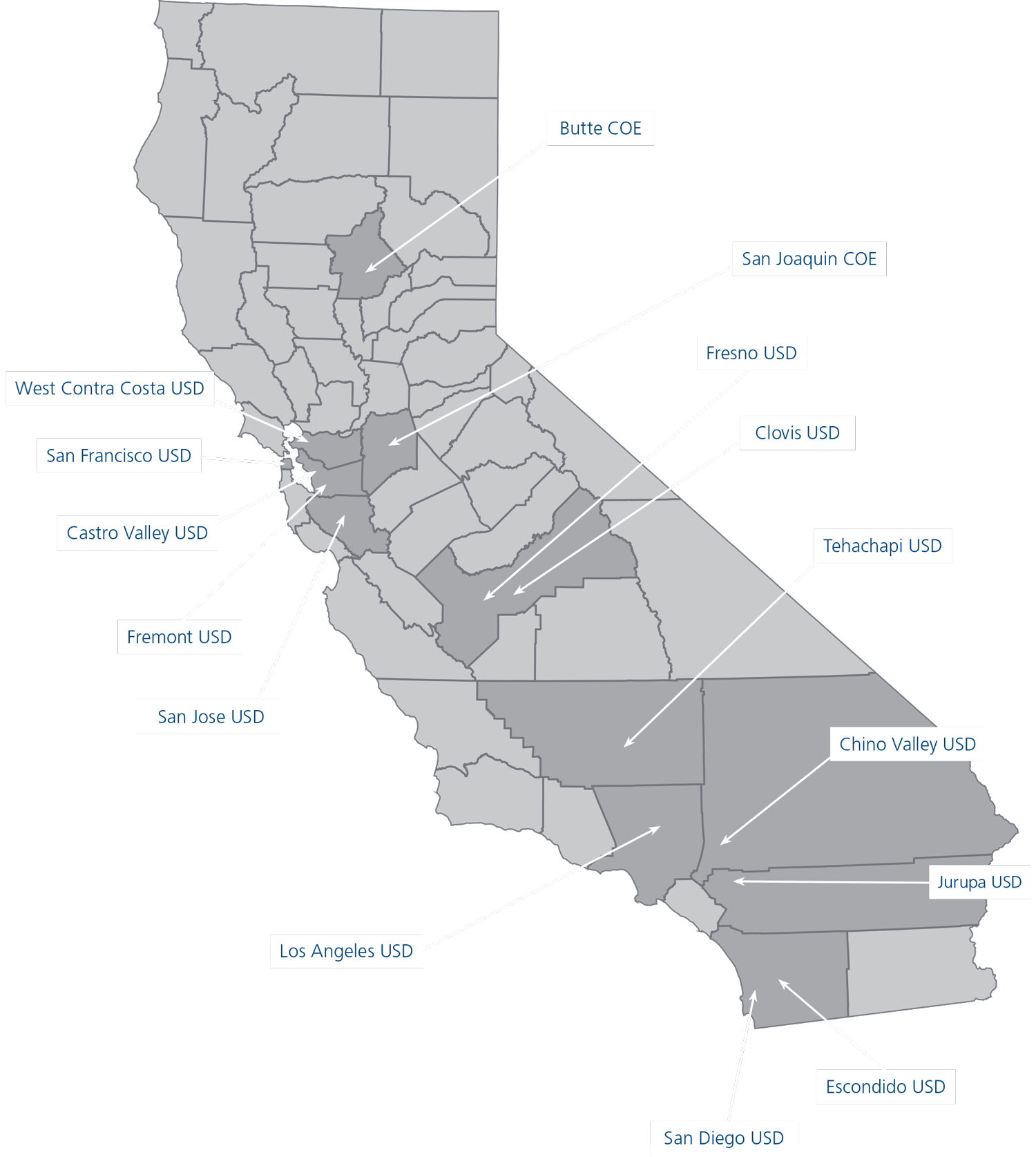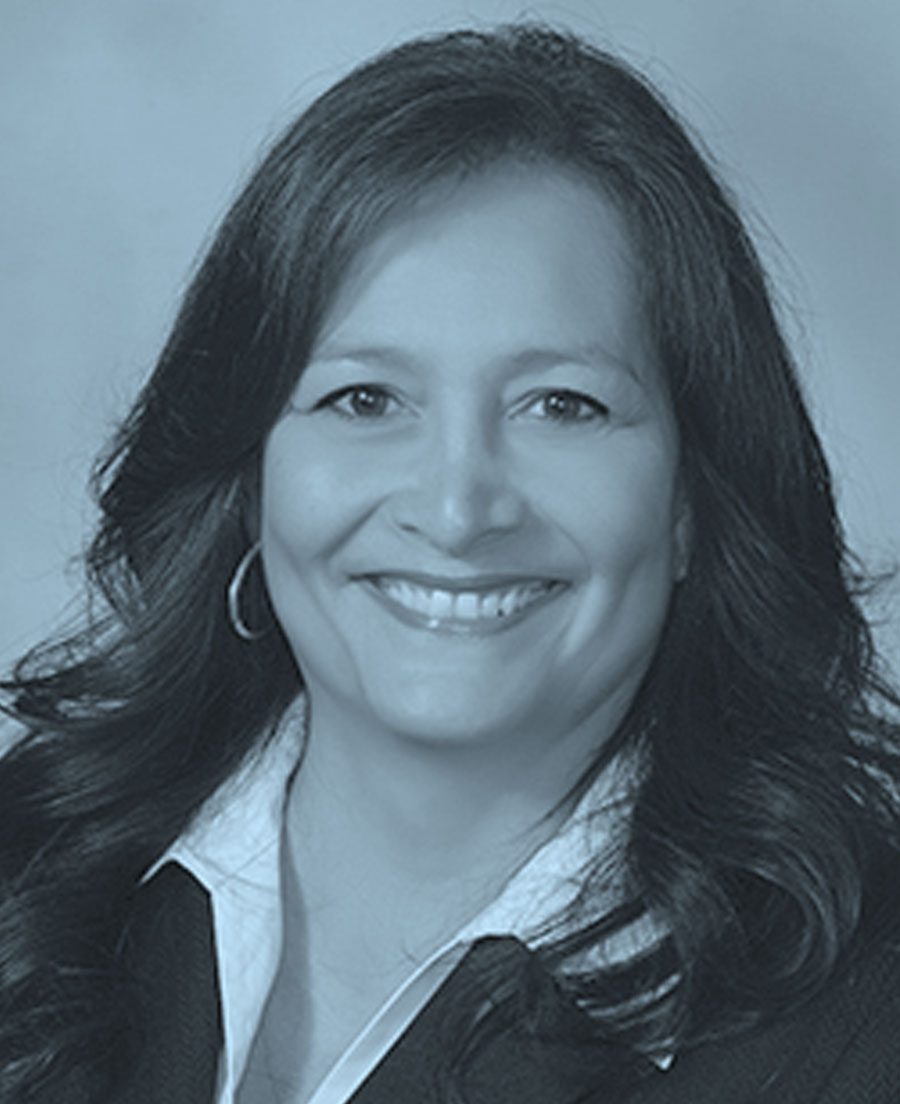Since 1992, CSBA’s Education Legal Alliance (ELA) has been the preeminent legal advocate for California’s public schools, initiating litigation and providing amicus support on issues of statewide importance. The ELA has protected billions of dollars in mandate payments and general fund revenue owed to schools, and consistently defended the governance role of boards.
This past year, the ELA has continued to effectively protect and promote the interests of its member school districts and county offices of education before the courts. The ELA filed numerous amicus briefs in support of school district and county board of education governance teams. These cases have included Crawford v. Commission on Professional Competence of the Jurupa Unified School District (protecting local education agencies’ (LEAs) ability to make appropriate school staffing decisions when staff display immoral conduct); CP V Walnut v. Fremont Unified School District (ensuring LEAs can assess appropriate developer fees to build and modernize school facilities); Gordon v. Los Angeles Unified School District (fighting unreasonable attorney’s fees in special education litigation against LEAs); Brennon B. v. West Contra Costa Unified School District (protecting LEAs against treble damages under the misapplication of the Unruh Act); and State of California, et al. v. U.S. Department of Homeland Security, et al. (ensuring that LEAs are not overburdened with additional need for health, nutrition and other services).
In addition, CSBA’s Legal Department continued its ongoing support and guidance to members on a wide range of legal matters, including the complex issues related to the COVID-19 pandemic, providing special education services to students during school closures, and board authority over school reopening plans. The ELA is ready to support the interests of public schools and governance teams and engage on any legal matter that may impair your ability to provide a high-quality education to students or inhibit your ability to provide effective leadership locally.
Thank you for your continued support for the ELA and its ongoing role as the legal defender of California’s public schools.

CEO & Executive Director,
California School Boards Association
 Disability-based discrimination — Claims under Unruh Act 9
Disability-based discrimination — Claims under Unruh Act 9
 Special education — A.W. v. Tehachapi USD 10
Special education — A.W. v. Tehachapi USD 10
 Special education — D.O. v. Escondido Union School District 11
Special education — D.O. v. Escondido Union School District 11
 Special education — Gordon v. Los Angeles Unified School District 12
Special education — Gordon v. Los Angeles Unified School District 12
 Immigration and K-12 education — Revised public charge rule 13
Immigration and K-12 education — Revised public charge rule 13
 Developer fees 14
Developer fees 14
 Public comment at board meetings 15
Public comment at board meetings 15
 California Public Records Act 16
California Public Records Act 16
 First Amendment 17
First Amendment 17
 School staff dismissal 18
School staff dismissal 18
 Mandate redetermination and offsetting revenues 19
Mandate redetermination and offsetting revenues 19
 California unemployment Insurance Appeals Board (CUIAB) 21
California unemployment Insurance Appeals Board (CUIAB) 21
 Deferred Action for Childhood Arrivals (DACA) 23
Deferred Action for Childhood Arrivals (DACA) 23
 State Board of Education charter appeal process 24
State Board of Education charter appeal process 24
 Fair Political Practices Commissiovn 25
Fair Political Practices Commissiovn 25
 Discrimination Under Americans with Disabilities Act 26
Discrimination Under Americans with Disabilities Act 26

CSBA’s Education Legal Alliance is a consortium of school districts, county offices of education, and Regional Occupational Centers/Programs that voluntarily joined together in 1992 to create a powerful force to pursue and defend a broad spectrum of statewide public education interests before state and federal courts, state agencies, and the Legislature. The ELA initiates and supports legal activities in areas of statewide significance to all California schools. Working with school attorneys, the efforts of the ELA have proven highly effective in protecting the interests of schools and the students they serve. Potential matters are reviewed and approved by a broad-based steering committee of board members, superintendents, and education leaders. There is also a legal advisory committee of noted school law attorneys to help provide legal analysis and recommendations to the steering committee.
The ELA is funded exclusively by contributions from its members, who are also members of CSBA.

CSBA 2020 President and trustee, Azusa USD

CSBA’s Education Legal Alliance is a consortium of school districts, county offices of education, and Regional Occupational Centers/Programs that voluntarily joined together in 1992 to create a powerful force to pursue and defend a broad spectrum of statewide public education interests before state and federal courts, state agencies, and the Legislature. The ELA initiates and supports legal activities in areas of statewide significance to all California schools. Working with school attorneys, the efforts of the ELA have proven highly effective in protecting the interests of schools and the students they serve. Potential matters are reviewed and approved by a broad-based steering committee of board members, superintendents, and education leaders. There is also a legal advisory committee of noted school law attorneys to help provide legal analysis and recommendations to the steering committee.
The ELA is funded exclusively by contributions from its members, who are also members of CSBA.

CSBA 2020 President and trustee, Azusa USD

- The ELA files amicus briefs and letters in court to support its members on legal issues of statewide importance.
- The ELA initiates litigation on various issues of statewide importance and often looks to its members to serve as co-plaintiffs in those cases.
- The ELA weighs in on legislation that impacts its members on issues of statewide importance.


CSBA President
Azusa USD

CSBA President-elect
Pleasant Valley SD

CSBA CEO & Executive Director

CSBA Delegate, Region 24
Whittier Union HSD

Director, Region 5
Redwood City ESD

Delegate-at-Large
Solano COE

County Superintendent
Marin COE

Superintendent
Pacifica SD

Superintendent
Corona-Norco USD

Superintendent
San Mateo Union HSD

County Superintendent
San Diego COE

Consultant


Lozano Smith

Parker & Covert LLP

Dannis Woliver Kelley

Fagen Friedman & Fulfrost LLP

Atkinson, Andelson, Loya,
Ruud & Romo

Orange County
Department of Education

Sacramento County
Office of Education

General Counsel &
Chief of Staff

CSBA
Deputy General Counsel

CSBA
Associate General Counsel

CSBA
Associate General Counsel

CSBA
Legal Specialist

Lozano Smith

Parker & Covert LLP

Dannis Woliver Kelley

Fagen Friedman & Fulfrost LLP

Atkinson, Andelson, Loya,
Ruud & Romo

Orange County
Department of Education

Sacramento County
Office of Education

General Counsel &
Chief of Staff

CSBA
Deputy General Counsel

CSBA
Associate General Counsel

CSBA
Associate General Counsel

CSBA
Legal Specialist
Activities

CSBA President-elect, Pleasant Valley SD


















Clovis USD Trustee


Clovis USD Trustee


©Copyright 2020
California School Boards Association
3251 Beacon Blvd., West Sacramento, California 95691
(800) 266-3382 | (916) 371-4691
www.csba.org



